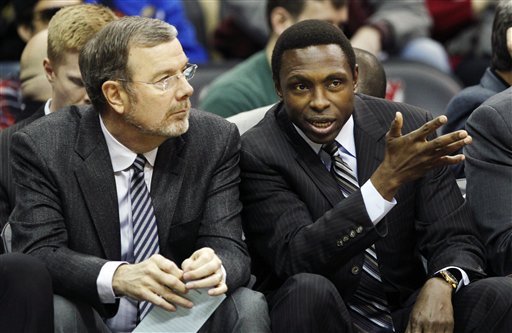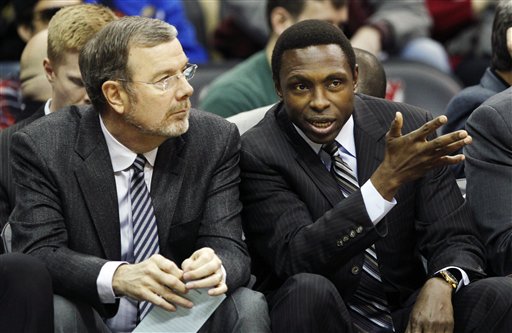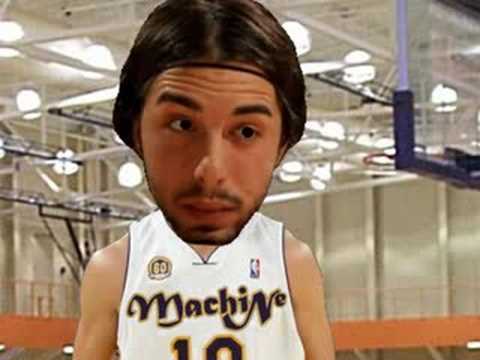
“I just know when the coach comes in, he’s going to have to be able to do it his way. Hold everybody accountable, coach true to his style. That’s the way it’s going to have to be.”
When thinking about the Brooklyn Nets coaching situation all year, these words — spoken by former coach Avery Johnson at his goodbye press conference on December 27th — perpetually roll around my head. Johnson, otherwise known as “The Little General,” the coach infamously known for his thirst for power and “my way or the highway attitude,” made it clear that he didn’t feel he was able to do the job he wanted to do as head coach. He didn’t have the managerial control he desired — nay, felt was imperative — in his role.
After Johnson’s oust, Carlesimo readily admitted on numerous occasions that the team didn’t change much. They ran most of the same offensive sets, with a tweak or two. He never settled on a rotation, giving different players multiple chances and benching others. Carlesimo didn’t do anything as a head coach that Avery Johnson hadn’t done — except probably curse out his players in the privacy of practice.
If Avery Johnson didn’t feel like he had the power to enact the change he desired, and P.J. Carlesimo’s plan was to stay Avery’s course, why would anyone expect Carlesimo to last?
Carlesimo was a lame duck. He’s been a lame duck since December 27th. The Nets had no viable options to take over the team mid-season, and Carlesimo was the perfect candidate to steady the ship on an interim basis. He was an assistant coach with the team with head coaching experience. He was a name people knew, even if it was just for his infamous choking incident with Latrell Sprewell. He “fit,” and was willing to let the players play.
Like with Johnson, the Nets assuredly never entered into contract negotiations with Carlesimo. They knew there were bigger fish waiting once the season ended, and took fewer than 24 hours to gut Carlesimo and set the bait. Jeff Van Gundy has already been floated as a name, though the interest may not be mutual. Deron Williams expressed an interest in playing with Jerry Sloan, or a “creative offensive coach.” And of course, Phil Jackson will get a call. He never stood a chance, and a Game 7 loss in the first round to a shorthanded Chicago Bulls team cemented his path to unemployment.
That’s not to say that Carlesimo didn’t find success. He finished the regular season with a record of 35-19, the best winning percentage in any single season (partial or full) of any head coach in Nets franchise history with arguably the worst scoring starting forward combo in the NBA. He won three playoff games without a starting-caliber power forward. He figured out in the first round that the combination of Andray Blatche & Brook Lopez produced enormous results, though they struggled in the team’s final two games together.
But Carlesimo also wrote his own destiny. One of the most telling quotes from this year’s Sloan Sports Analytics Conference was that a general manager’s job, for the most part, isn’t to build a championship team — it’s to keep his job. That applies to coaching, too. Carlesimo wanted to keep his job, wanted a long-term extension, and because of that, he played it safe. He stuck with the isolation-heavy offense that got Avery Johnson in hot water. As Miami Heat coach Eric Spoelstra noted, “It’s not because of anything they’re doing differently. They’re just more cohesive. They look more comfortable playing together.”
He didn’t upset the status quo or make significant changes to the team’s system. He didn’t take risks with the lineup or offense. He didn’t do anything that would set him apart as a coach. To keep his job, Carlesimo stayed within the confines of comfort — and ultimately, it’s what cost him.
















